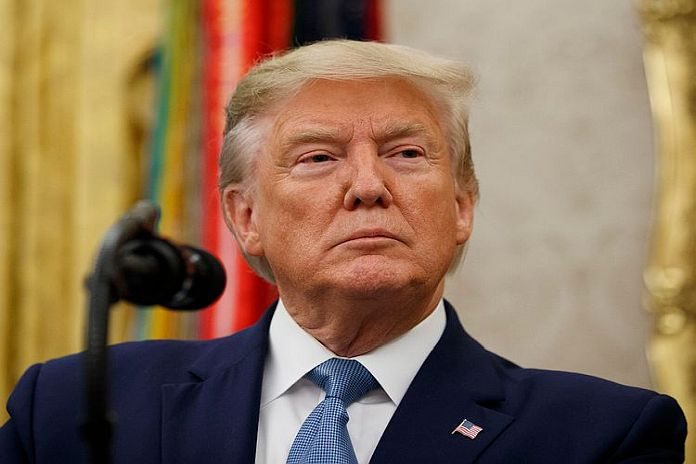Dear Sir:
Article two of the US Constitution states “The President, Vice President, and all civil officers of the United States, shall be removed from Office on Impeachment for, and Conviction of, Treason, Bribery, or other high Crimes and Misdemeanors.”
The current impeachment inquiry by the US House of Representatives against president Trump is focusing on the allegation he tried to bribe and/or extort president Zelensky of Ukraine to investigate the Biden’s in the run-up to the 2020 election in exchange for $400 million in foreign aid to Ukraine.
The investigation of the Biden’s did not occur and the $400 million in aid was subsequently given to Ukraine. Therefore, no bribery or extortion occurred. But did president Trump’s actions meet the test of “high crimes and misdemeanors”?
Recent impeachment of presidents included Bill Clinton and Richard Nixon.
Bill Clinton was impeached for perjury and obstruction of justice relative to the Monice Lewinsky affair. Richard Nixon was impeached as an outgrowth of the Watergate coverup and charged with obstruction of justice, abuse of power and defying subpoenas during the impeachment investigation.
The House Judiciary Committee stated that “high crimes and misdemeanors” goes beyond crimes to include “behaving in a manner grossly incompatible with the proper function of the office and employing the power of the office for an improper purpose or personal gain.”
Going back to the Constitutional Convention of 1787 the founding fathers decided the phrase “high crimes and misdemeanors” provided “flexibility and guidance” in deciding on impeachable offenses, which references 400 years of practice in Great Britain.

Alexander Hamilton stated in the Federalist Papers that ” impeachment is directed at political offenses that proceed from … the abuse or violation of some public trust.” Echoing Hamilton, Justice Joseph Story in 1833 stated: ” impeachable conduct is often purely political, and that no previous statute is necessary to authorize an impeachment for any official misconduct.”
Therefore, it appears the term “high crimes and misdemeanors” refers to officials in high office who commit offenses that violate their oaths of office and can consist of abuse of power.
A Harvard Law Review succinctly stated, “The majority view is that a president can legally be impeached for intentional, evil deeds that drastically subvert the Constitution and involve unforgivable abuse of the presidency–even if those deeds didn’t violate any criminal laws.”
I leave it to the readers to decide if they believe president Trump should be impeached.
Donald Moskowitz
Londonderry NH





